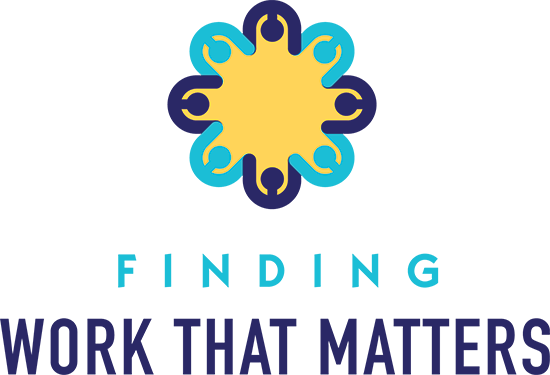Review - The Power of Meaning: Crafting a Life That Matters
/"This wise, stirring book argues that the search for meaning can immeasurably deepen our lives and is far more fulfilling than the pursuit of personal happiness."
The Power of Meaning: Crafting a Life That Matters emphasizes that our search for meaning can be found all around us, right here and right now. Amid compelling research and thought-provoking stories, Emily Esfahani Smith delves into how we create meaning in our lives.
In conducting the research for her book, Emily Esfahani Smith found four themes that arose from her conversations with people living meaningful lives and those who were still searching as well as psychologists who defined what it means to lead a meaningful life. The four pillars of meaning are: belonging, purpose, storytelling and transcendence.
Belonging:
What Smith found was that belonging is the most important driver of meaning. Belonging encompasses the need to "feel understood, recognized and affirmed by our friends, family members and romantic partners." When people feel like they belong, they are in relationships based on mutual care and have frequent pleasant interactions with others.
Purpose:
Purpose has 2 dimensions: it is a goal towards which we are always working and it involves a contribution to the world. Smith discusses research about how people can find purpose at work by adopting a service mindset. So it doesn't matter what a person actually does; the person who finds meaning in their work see their work as a way to help others.
Storytelling:
"Our storytelling impulse emerges from a deep-seated need all humans share: the need to make sense of the world." In looking at the patterns of people leading meaningful lives, what they all share is to tell redemptive stories, where their suffering has some meaning.
Transcendence:
When people are in transcendent states, they have a sense of their own self washing away with all its petty concerns. As well, they feel deeply connected to other people and everything that exists in the world. She describes the Overview Effect, what happens when astronauts who go into space and look back at the planet. Astronaut Jeff Ashby says, "You realize that the planet is really small. You could circle it in just 90 minutes. With one or two minor exceptions, you don't see the boundaries between countries.... So I got this sense of connectedness - that we are all connected in some way."
In the chapter titled, Cultures of Meaning, Smith talks about meaning related to work. She remarks on a Gallup poll where 70% of people identified that they were not engaged in their work. This is described as "uninvolved, uncommitted, and unenthusiastic." When people do identify meaning in their work, research has shown it provides a powerful motivativing force.
In addition, having meaningful work has dramatic consequences on health. Psychologists speculate that people leading meaningful lives take better care of themselves.
The Power of Meaning is a captivating read. With a perfect blend of stories, science and good writing, the book offers a lot to ponder.










